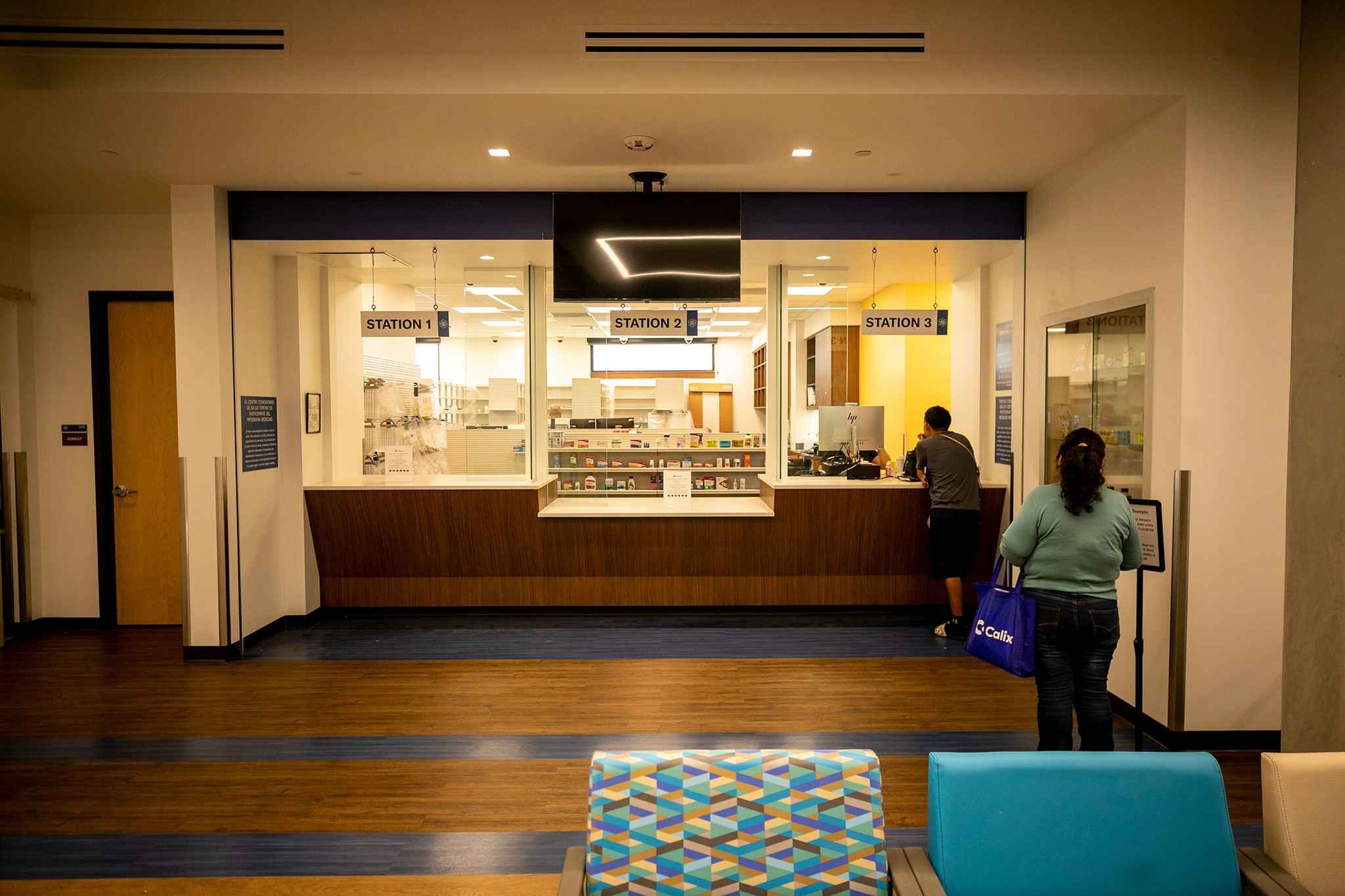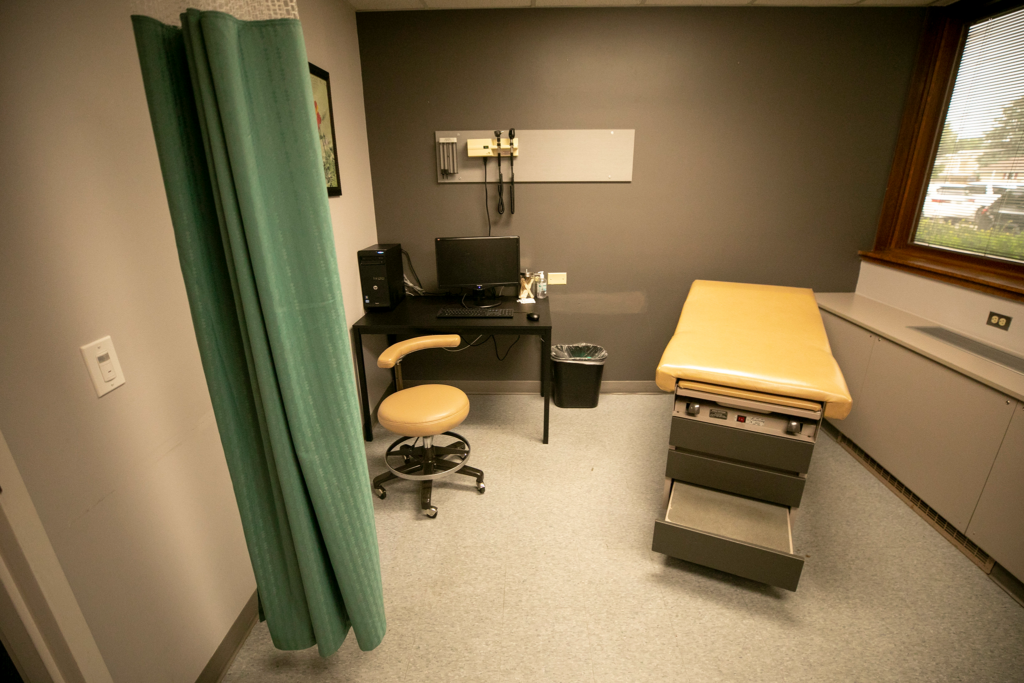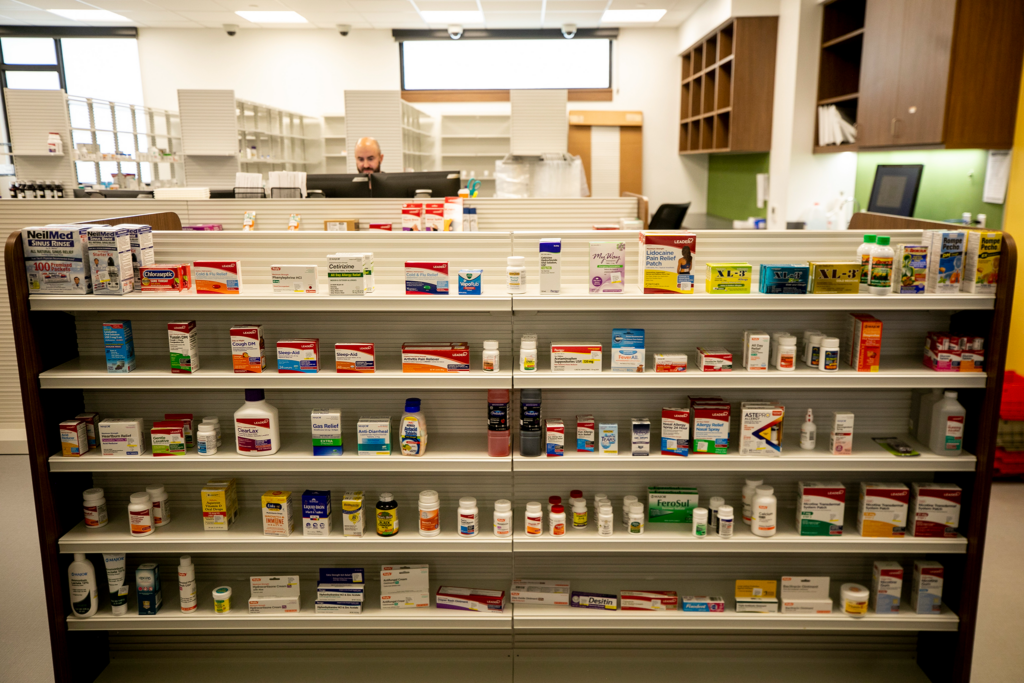
High health care costs continue to hit Coloradans hard, with two in three respondents to a new survey saying they delayed or went without health care due to cost in the last 12 months. Almost three in four said they experienced an issue with health affordability in the past year.
That’s according to a survey of 1,400 Coloradans released Monday by the Colorado Consumer Health Initiative, a nonprofit health care advocacy group. The poll, part of the Healthcare Value Hub’s Consumer Healthcare Experience State Survey (CHESS), was conducted from March 26 to April 12.
The survey covered topics like hospital prices, prescription drug costs and affordability. Its results come despite reform efforts in recent years by the Colorado policymakers to rein in costs.
“The data shows us that there are still high levels of worry and concern and respondents wanting to see more policies around transparency,” said Beth Beaudin-Seiler, Director of Applied Research and Analytics, Altarum Healthcare Value Hub, on a call with reporters.
“It really underscores the depth of the challenges around health care affordability,” said Adam Fox, deputy director of the Colorado Consumer Health Initiative (CCHI). “I think Colorado has made some important steps in the right direction, but I think the reality is health care costs continue to rise. We see that in a variety of data sources.”
In recent years, Colorado lawmakers and the governor have tackled a variety of issues, from health insurance to drug prices and hospital financial transparency.
Respondents said the responsibility for high costs falls on powerful health care industries, according to the polling.
More than 70 percent of people said drug companies, hospitals and insurance companies charge too much.
The survey found that 68 percent of respondents delayed or went without medical care because of the high cost. The is issue even more pressing for low-income respondents and those with disabilities, who reported even higher rates of delays and foregone care. For many, financial constraints meant piling up medical debt, drawing down savings or bypassing basic needs.

Respondents of color reported higher rates of going without care due to cost compared to white non-Hispanic survey respondents, said Beaudin-Seiler
Across the board, a large majority, 83 percent, reported being worried about their ability to afford health care costs in the future.
“This survey is critical to understanding how consumers are experiencing health care even as more protections have been enacted,” said Priya Telang, communications manager at CCHI, in a press release.
Hospitals and insurers said they are working to lower costs.
The state’s hospital association said it has long supported price transparency and partnered with others on affordability.
“Every hospital in Colorado complies with state and federal laws to post detailed price information on their websites and to utilize other methods to notify patients of costs up-front,” said Cara Welch, senior director of communications for the Colorado Hospital Association, in an emailed statement. “Hospitals and health systems have also invested in tools and resources to provide custom estimates to patients based on their insurance plans, including online estimate tools and call centers with billing experts. Patients are always encouraged to call their insurance company and their hospital to get an estimate of what their care will cost.”
“Premiums are a direct reflection of hospital, provider, and pharmaceutical costs which have increased from 4 percent to 10 percent annually” based on the Colorado Division of Insurance’s most recent cost insurance report (2021), said Brandon Arnold, associate director of the Colorado Association of Health Plans, via email. “Health insurance providers will continue to negotiate and advocate for lower prices in Colorado including policies that save people money on their health care and increase cost transparency initiatives.”
Costs for prescription drugs have likewise pushed Coloradans to say they have a hard time paying for medications and that they often don’t take them as advised by a physician.
More than half of the people who responded to the survey reported being somewhat or very worried about affording prescription drugs.

More than a quarter said they sliced pills in half, didn’t take all recommended doses or simply left prescriptions unfilled because of costs. The survey found this was true for people at a variety of income levels; while 63 percent of those earning under $50,000 annually reported taking those steps, so did 41 percent of those earning more than $100,000 a year.
People are looking for solutions, across party lines, according to the survey.
Only 27 percent agreed with this statement: “We have a great health care system in the U.S.” More than two-thirds agreed that “the U.S. health care system needs to change.”
According to the survey, more than nine out of ten respondents backed more reforms, like requiring hospitals, doctors and insurers to provide consumers with upfront cost estimates, and, if an insurer drops your doctor, to make it easy to switch to another health plan. A similar number of respondents said they’d support capping out-of-pocket costs for life-saving medications like insulin.
In recent years, Colorado lawmakers have taken steps to address drug affordability.
In 2021, for example, Colorado became the second state in the U.S. to try to bring down the skyrocketing cost of insulin, a hormone diabetics take daily to help regulate blood sugar levels.
The law capped prices at $100 for an entire month’s supply, regardless of the amount of insulin each individual needs.
The state has also moved to rein in the cost of Epi-pens and other epinephrine auto-injectors.









